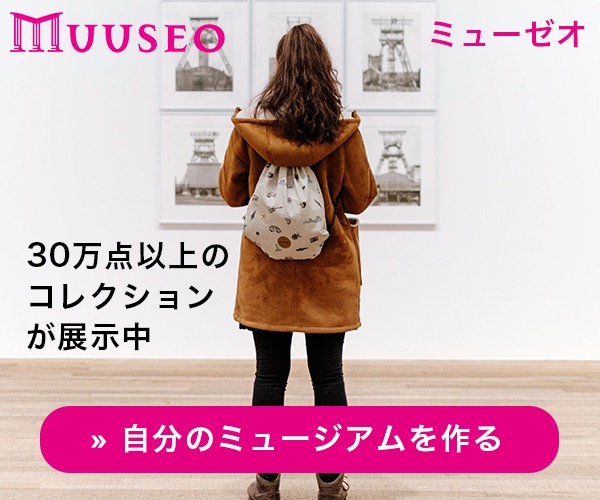- Cookie-Records Museum
- 18F The Beatles incl. solo works, prody albums, etc.
- George Harrison / All Things Must Pass (UK, Apple Records, STCH 639) <November 27, 1970> その③
George Harrison / All Things Must Pass (UK, Apple Records, STCH 639) <November 27, 1970> その③
George Harrison / All Things Must Pass (UK, Apple Records, STCH 639) <November 27, 1970> その③
(SIDE ONE ) 3 YEX 817-1U CRL
(SIDE TWO ) 2 YEX 818-1U GDL
(SIDE THREE) 1 YEX 819-1U GGH
(SIDE FOUR ) 2 YEX 820-1U GGO
(SIDE FIVE ) 1 YEX 821-1U TP
(SIDE SIX ) 2 YEX 822-1U GDD
①②の続きです。
このアルバムで気に入らない点があるとしたら、フィル・スペクターです。ミョーなエコーとか、もう少しなんとかならなかったのかなぁ。カラッとした感じのほうが良かったんじゃないかしらん??
"All Things Must Pass" is a triple album by English rock musician George Harrison. Recorded and released in 1970, it was Harrison's first solo work following the break-up of the Beatles in April that year, and his third solo album overall. It includes the hit singles "My Sweet Lord" and "What Is Life", as well as songs such as "Isn't It a Pity" and the title track that had been turned down for inclusion on releases by the Beatles. The album reflects the influence of Harrison's musical activities with artists such as Bob Dylan, the Band, Delaney & Bonnie and Billy Preston during 1968–70, and his growth as an artist beyond his supporting role to former bandmates John Lennon and Paul McCartney. All Things Must Pass introduced Harrison's signature sound, the slide guitar, and the spiritual themes that would be present throughout his subsequent solo work. The original vinyl release consisted of two LPs of songs and a third disc of informal jams, titled Apple Jam. Several commentators interpret Barry Feinstein's album cover photo, showing Harrison surrounded by four garden gnomes, as a statement on his independence from the Beatles.
Production began at London's Abbey Road Studios in May 1970, with extensive overdubbing and mixing continuing through October. Among the large cast of backing musicians were Eric Clapton and Delaney & Bonnie's Friends band – three of whom formed Derek and the Dominos with Clapton during the recording – as well as Ringo Starr, Gary Wright, Preston, Klaus Voormann, John Barham, Badfinger and Pete Drake. The sessions produced a double album's worth of extra material, most of which remains unissued.
All Things Must Pass was critically and commercially successful on release, with long stays at number 1 on charts around the world. The album was co-produced by Phil Spector and employs his Wall of Sound production technique to notable effect; Ben Gerson of Rolling Stone described the sound as "Wagnerian, Brucknerian, the music of mountain tops and vast horizons".[1] Reflecting the widespread surprise at the assuredness of Harrison's post-Beatles debut, Melody Maker's Richard Williams likened the album to Greta Garbo's first role in a talking picture and declared: "Garbo talks! – Harrison is free!" According to Colin Larkin, writing in the 2011 edition of his Encyclopedia of Popular Music, All Things Must Pass is "generally rated" as the best of all the former Beatles' solo albums.
このアルバムで一番好きなのはたぶんこの曲です。
"Art Of Dying"
There'll come a time when all of us must leave here
Then nothing sister Mary can do
Will keep me here with you
As nothing in this life that I've been trying
Could equal or surpass the art of dying
Do you believe me?
There'll come a time when all your hopes are fading
When things that seemed so very plain
Become an awful pain
Searching for the truth among the lying
And answered when you've learned the art of dying
But you're still with me
But if you want it
Then you must find it
But when you have it
There'll be no need for it
There'll come a time when most of us return here
Brought back by our desire to be
A perfect entity
Living through a million years of crying
Until you've realized the Art of Dying
Do you believe me?
https://www.youtube.com/watch?v=EqLf2vgrymU































![Billy Joel / Piano Man [DJ Re-Service Edited Version ] (US, Columbia, 4-45963) <November 2, 1973>](https://d17x1wu3749i2y.cloudfront.net/2024/08/22/22/35/00/60bb31c1-e567-4df6-bade-a4847805335e/file.jpg)



![Billy Joel / Movin' Out (Anthony's Song) [ mono / stereo ] (US, Columbia/Family Productions, 3-10624) <September 1977>](https://d17x1wu3749i2y.cloudfront.net/2023/12/31/12/19/39/42960a2e-31f7-40bd-a9f8-5dcbbf9f517f/file.jpg)





![The Rutles - I Must Be In Love [7"]](https://d17x1wu3749i2y.cloudfront.net/2023/01/15/11/40/20/9859432e-2b0a-4eb0-b827-be982b9c8246/file.jpg)
![MonaLisa Twins [bundle]](https://d17x1wu3749i2y.cloudfront.net/2022/11/25/00/42/48/8c6b4aba-9d47-40bf-a970-2452f76af86d/file.jpg)

































